Memorial Day “Click It or Ticket” Campaign: Promoting Road Safety and Saving Lives
Wednesday, May 24th, 2023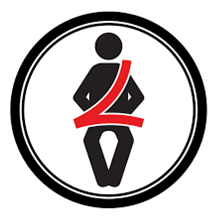
Memorial Day is a significant occasion in North Carolina, as it not only serves as a time to honor and remember the sacrifices of our military heroes but also marks the beginning of the “Click It or Ticket” campaign. This statewide initiative aims to raise awareness about the importance of seat belt usage and enforce strict seat belt laws. The “Click It or Ticket” campaign plays a crucial role in promoting road safety, reducing fatalities and injuries, and creating a culture of responsible driving in North Carolina.
The Importance of Seat Belt Usage:
Seat belts are one of the most effective safety devices in vehicles, proven to save lives and prevent severe injuries in the event of a crash. Studies have consistently shown that wearing seat belts significantly reduces the risk of fatalities and serious injuries. The “Click It or Ticket” campaign emphasizes the importance of using seat belts for all occupants, regardless of their seating position.
Raising Awareness:
The “Click It or Ticket” campaign utilizes various strategies to raise awareness about seat belt usage. Public service announcements, educational programs in schools, and media campaigns play a vital role in disseminating information and encouraging individuals to buckle up. By highlighting the consequences of not wearing seat belts, the campaign underscores the need for responsible behavior on the road.
Strict Enforcement and Penalties:
The campaign combines education with enforcement by employing law enforcement agencies to conduct targeted seat belt checks and patrols. Officers actively enforce seat belt laws and issue citations to drivers and passengers who fail to comply. The imposition of fines and penalties acts as a deterrent and encourages individuals to adopt safe habits. By strictly enforcing seat belt laws, the campaign aims to create a culture of compliance and responsibility.
Collaborative Efforts:
The success of the “Click It or Ticket” campaign relies on collaboration among various stakeholders. State and local government agencies, law enforcement, community organizations, and media outlets join forces to promote the campaign’s objectives. Partnerships are forged to maximize outreach, allocate resources effectively, and engage the public in road safety initiatives. By working together, these entities create a unified front to address the issue of seat belt non-compliance.
Positive Impact on Road Safety:
The “Click It or Ticket” campaign has demonstrated significant positive impacts on road safety in North Carolina. By consistently reinforcing seat belt usage and enforcing compliance, the initiative has contributed to a reduction in traffic fatalities and injuries. According to statistics, states with primary seat belt laws, such as North Carolina, have higher seat belt usage rates and lower fatality rates compared to states without such laws. This highlights the effectiveness of the campaign in promoting safer driving practices.
The North Carolina Memorial Day “Click It or Ticket” campaign serves as a powerful reminder of the importance of seat belt usage and responsible driving. Through comprehensive awareness programs, strict enforcement, and collaborative efforts, the campaign aims to instill a culture of seat belt compliance, ultimately saving lives and reducing injuries on the road. As we honor our fallen heroes during Memorial Day, let us also honor their memory by prioritizing safety and protecting one another through the simple act of buckling up.
Increased law enforcement efforts will also be focused on all types of traffic violations including speeding, DWI, driving while license revoked, and other infractions such as running red lights or stop signs.
Should you or someone you know receive a traffic ticket or any other criminal charge in New Hanover (Wilmington), Pender (Burgaw), or Brunswick (Bolivia) Counties, call Collins Law Firm at 910-793-9000 for a confidential consultation about what we can do to help you.
By Bryanna Gordon, Legal Assistant

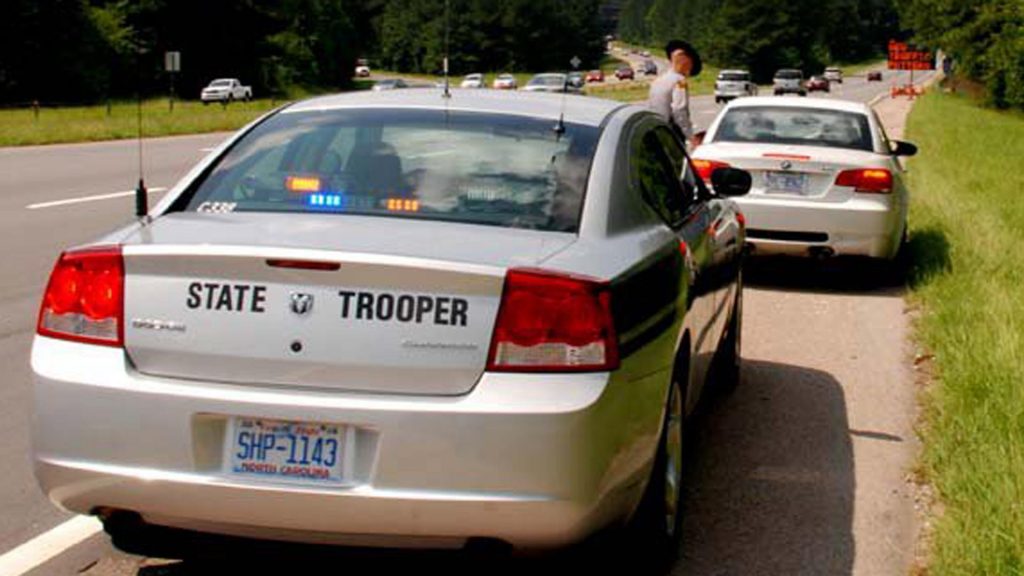
 This holiday season AAA is expecting 103 million Americans to travel, which is nearly 1.5 million more people than last year. While many people choose to fly to their Christmas destinations, AAA is predicting that more people will be driving this year than previous years. It is very important that those driving, no matter the distance, are prepared for their travel. Make sure you’ve recently gotten an oil change, check your tires to make sure they have the right pressure, never let your gas tank get below ¼ of a tank while traveling, and secure all luggage in your car.
This holiday season AAA is expecting 103 million Americans to travel, which is nearly 1.5 million more people than last year. While many people choose to fly to their Christmas destinations, AAA is predicting that more people will be driving this year than previous years. It is very important that those driving, no matter the distance, are prepared for their travel. Make sure you’ve recently gotten an oil change, check your tires to make sure they have the right pressure, never let your gas tank get below ¼ of a tank while traveling, and secure all luggage in your car.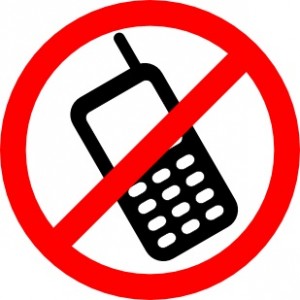 According N.C.G.S. § 20-137.4., it is unlawful for any person to drive a motor vehicle while using his or her mobile telephone to text or email, with just a few exceptions as follows: if the driver is parked or stopped, if the means of communication are required for law enforcement to fulfill their duty/duties, for the use of factory-installed or GPS systems, or with the use of voice technology. Everyone knows that texting while driving is illegal, much thanks to the many preventative texting while driving campaigns have launched nationally such as “It Can Wait, “ and the “Safe Texting Campaign.” But what about all of the other distractions that put drivers at risk, like taking selfies, Instagramming, and Facebook? Although just as distracting and fatal, these types of behaviors are rarely reprimanded by law enforcement officers because there are no clear cut statutes that define these violations.
According N.C.G.S. § 20-137.4., it is unlawful for any person to drive a motor vehicle while using his or her mobile telephone to text or email, with just a few exceptions as follows: if the driver is parked or stopped, if the means of communication are required for law enforcement to fulfill their duty/duties, for the use of factory-installed or GPS systems, or with the use of voice technology. Everyone knows that texting while driving is illegal, much thanks to the many preventative texting while driving campaigns have launched nationally such as “It Can Wait, “ and the “Safe Texting Campaign.” But what about all of the other distractions that put drivers at risk, like taking selfies, Instagramming, and Facebook? Although just as distracting and fatal, these types of behaviors are rarely reprimanded by law enforcement officers because there are no clear cut statutes that define these violations. The resentment towards police departments by community activists who have portrayed law enforcement as racist who routinely shoot black Americans, for essentially no reason, has caused a substantial increase in shootings and murders all across the United States in recent years. This idea has become what is known as “The Ferguson Effect.”
The resentment towards police departments by community activists who have portrayed law enforcement as racist who routinely shoot black Americans, for essentially no reason, has caused a substantial increase in shootings and murders all across the United States in recent years. This idea has become what is known as “The Ferguson Effect.”

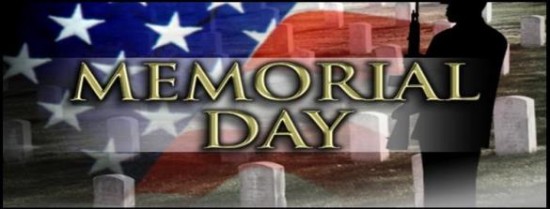 This upcoming weekend is Memorial Day Weekend. While Memorial Day is a day to remember and honor those who lost their lives while serving our country in the United States Armed Forces, many take this longer weekend as an opportunity to travel.
This upcoming weekend is Memorial Day Weekend. While Memorial Day is a day to remember and honor those who lost their lives while serving our country in the United States Armed Forces, many take this longer weekend as an opportunity to travel.
 While the Easter holiday is traditionally not a heavy traffic weekend, this spring’s decrease in gas prices and predictions of pleasant weather for this Easter weekend may impact travel. In addition, many North Carolina schools are on spring break contributing to traffic congestion.
While the Easter holiday is traditionally not a heavy traffic weekend, this spring’s decrease in gas prices and predictions of pleasant weather for this Easter weekend may impact travel. In addition, many North Carolina schools are on spring break contributing to traffic congestion.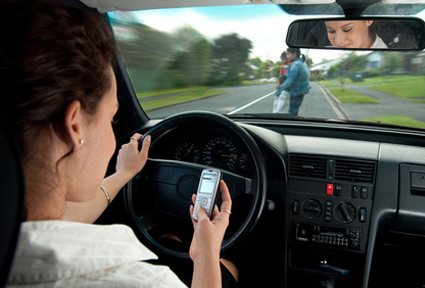 Over the past twenty years, cell phones have become an essential part of day to day life for many Americans. Cell phones continue to provide us with the convenience to communicate while on the go, comfort in knowing we have a way to call for help in case of an emergency, and access to music, games and entertainment. Cell phones can make life easier, but when used irresponsibly, can have disastrous consequences.
Over the past twenty years, cell phones have become an essential part of day to day life for many Americans. Cell phones continue to provide us with the convenience to communicate while on the go, comfort in knowing we have a way to call for help in case of an emergency, and access to music, games and entertainment. Cell phones can make life easier, but when used irresponsibly, can have disastrous consequences. The first Thanksgiving was celebrated in 1621 to commemorate a bountiful harvest in the Plymouth Colony. Americans have kept that tradition alive throughout the years, gathering with friends and family on the fourth Thursday of November to eat, drink, watch football, and of course, stay up all night to get the best deals on holiday shopping. While the meaning behind this holiday has remained the same over the years- to celebrate the things we have to be thankful for- the Colonists and Native Americans did not encounter two issues that Thanksgiving and the holiday season bring us today- an increase in traffic and an increase in drinking and driving.
The first Thanksgiving was celebrated in 1621 to commemorate a bountiful harvest in the Plymouth Colony. Americans have kept that tradition alive throughout the years, gathering with friends and family on the fourth Thursday of November to eat, drink, watch football, and of course, stay up all night to get the best deals on holiday shopping. While the meaning behind this holiday has remained the same over the years- to celebrate the things we have to be thankful for- the Colonists and Native Americans did not encounter two issues that Thanksgiving and the holiday season bring us today- an increase in traffic and an increase in drinking and driving.